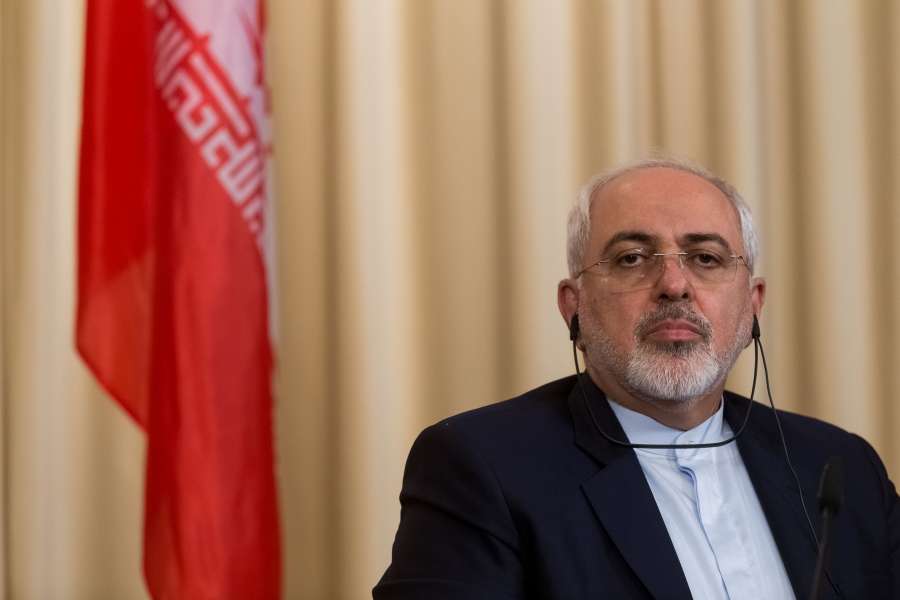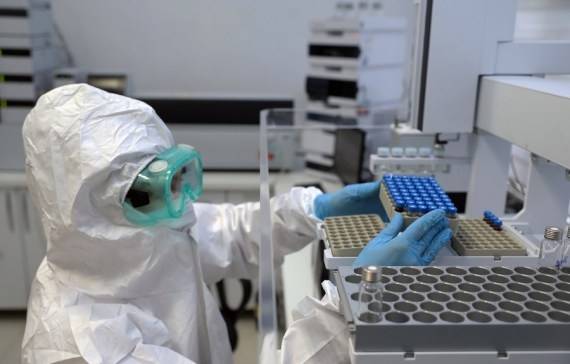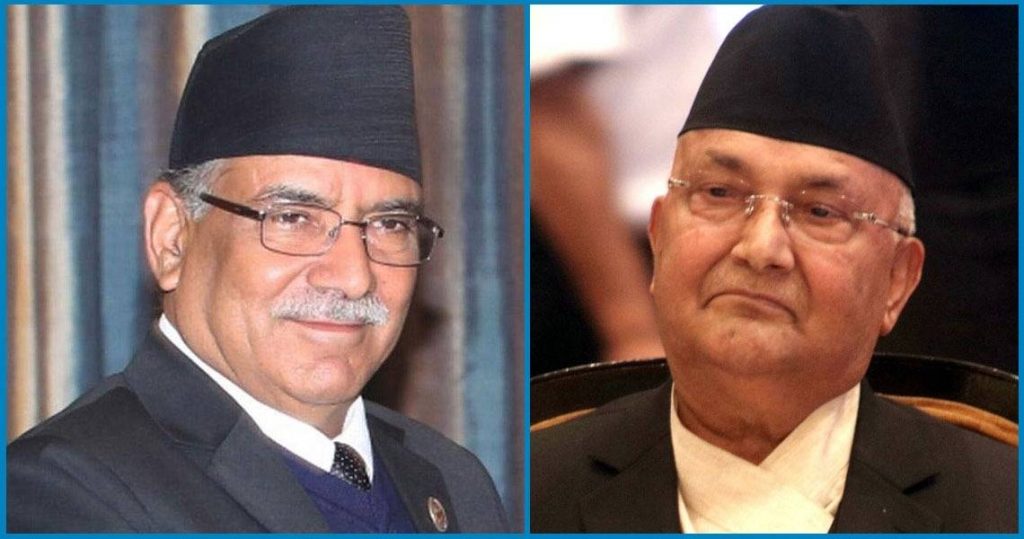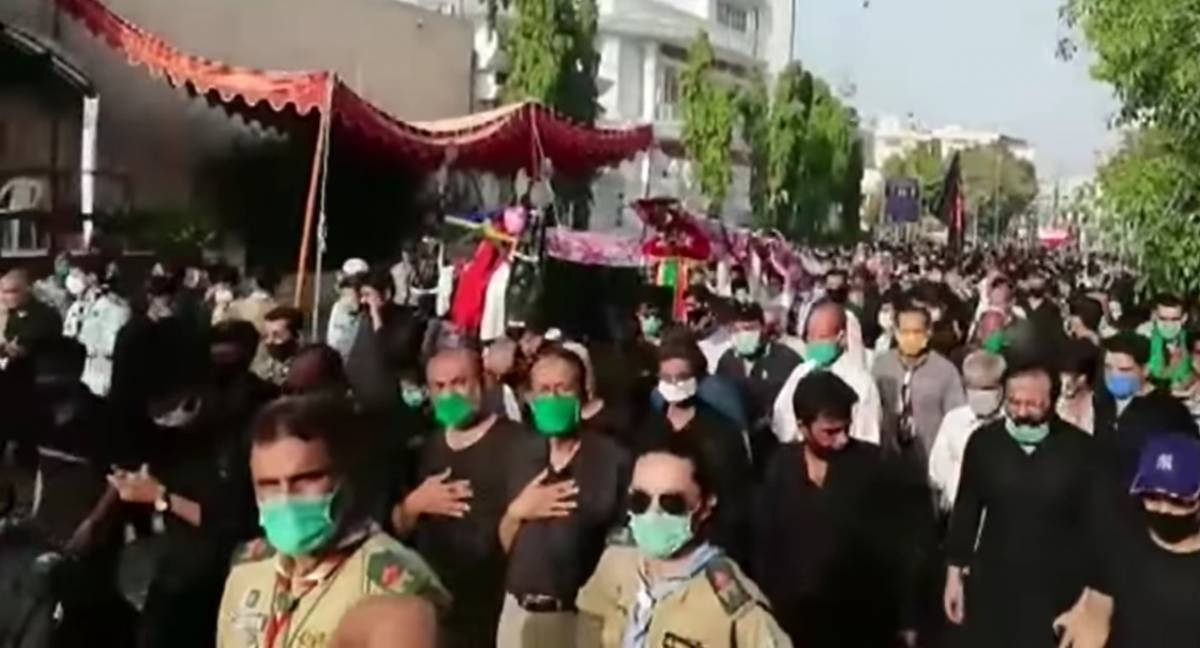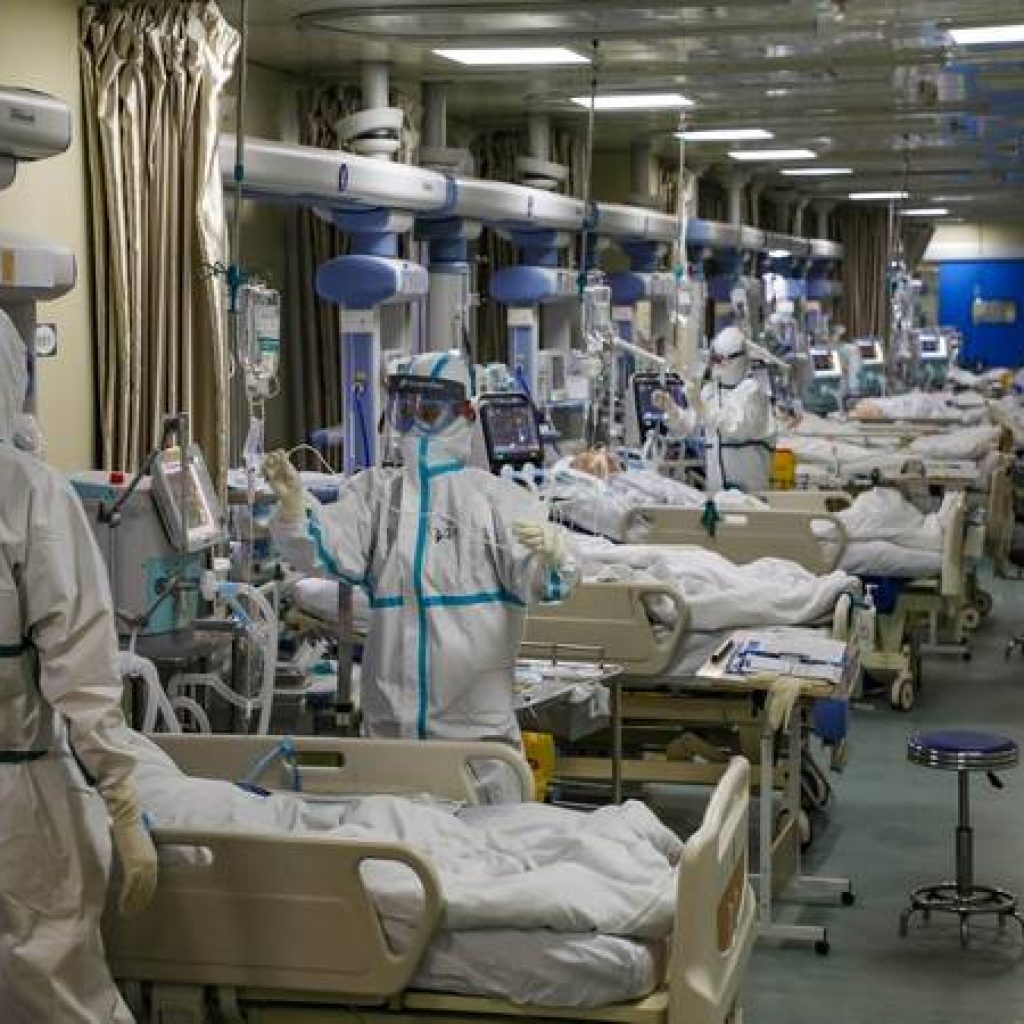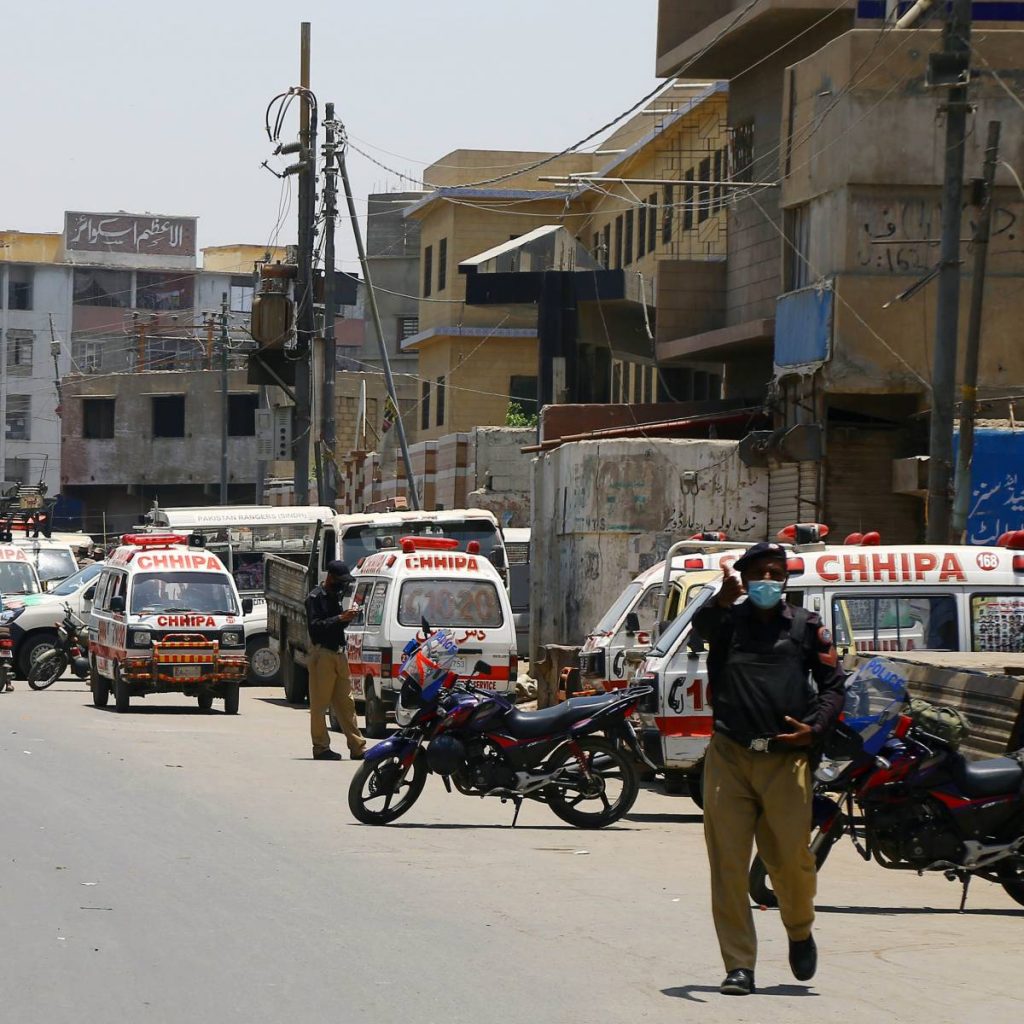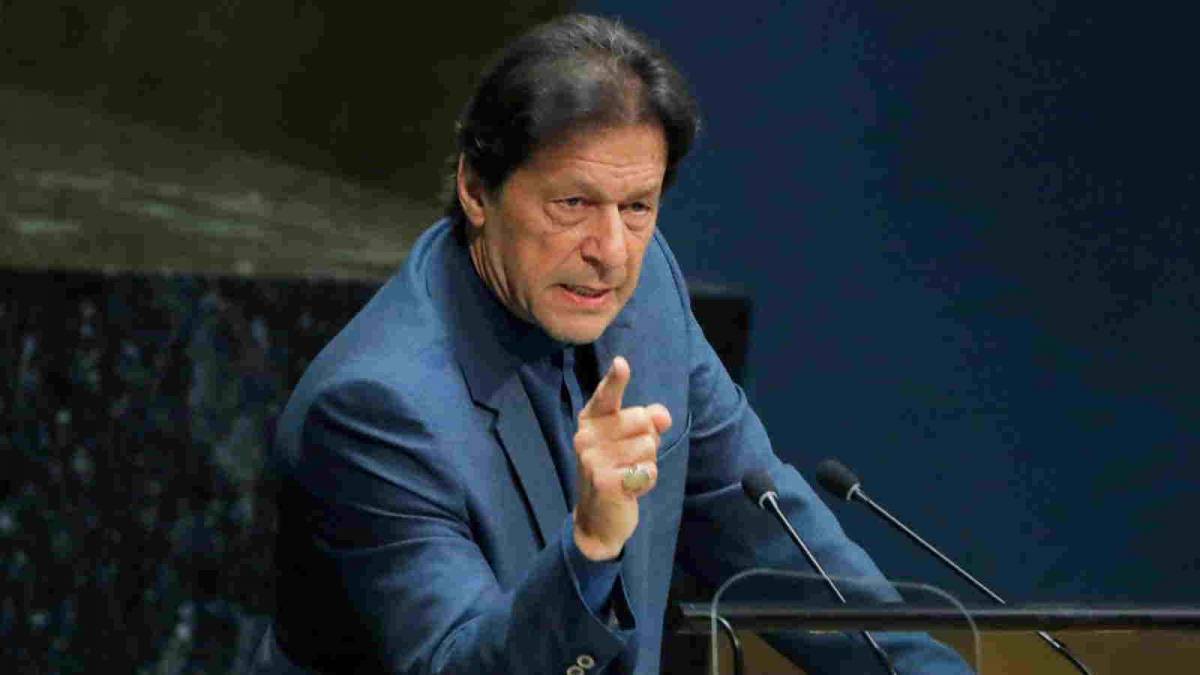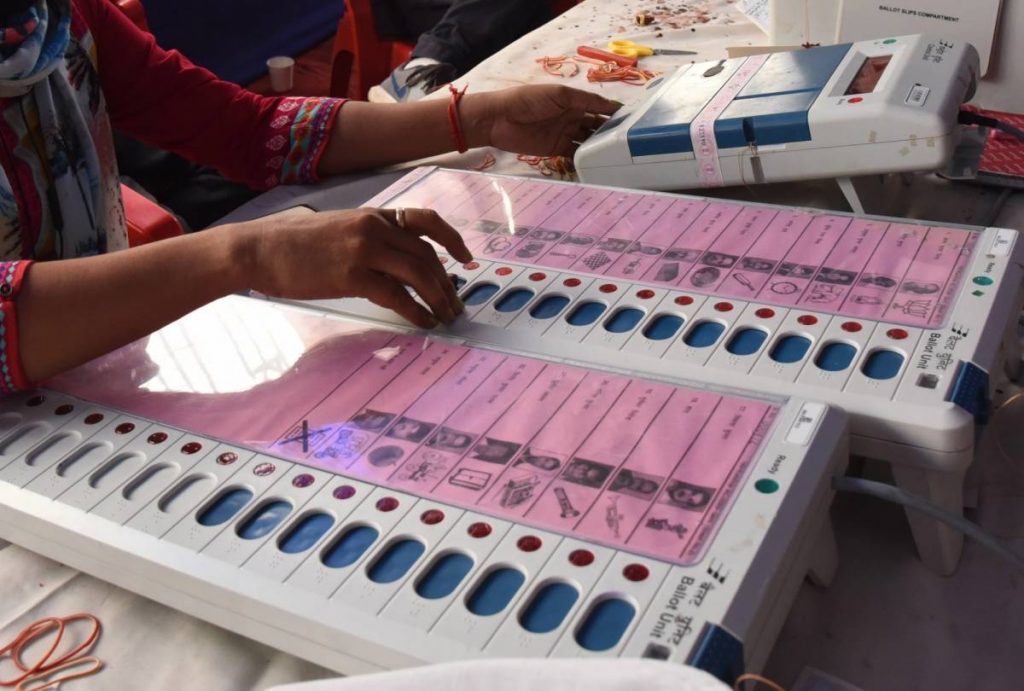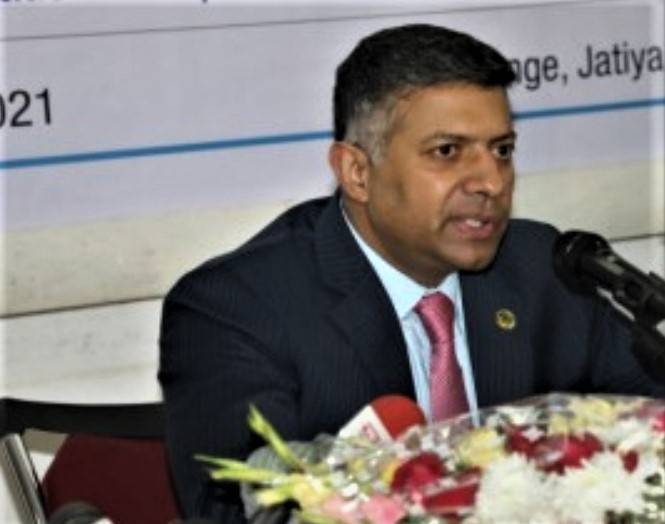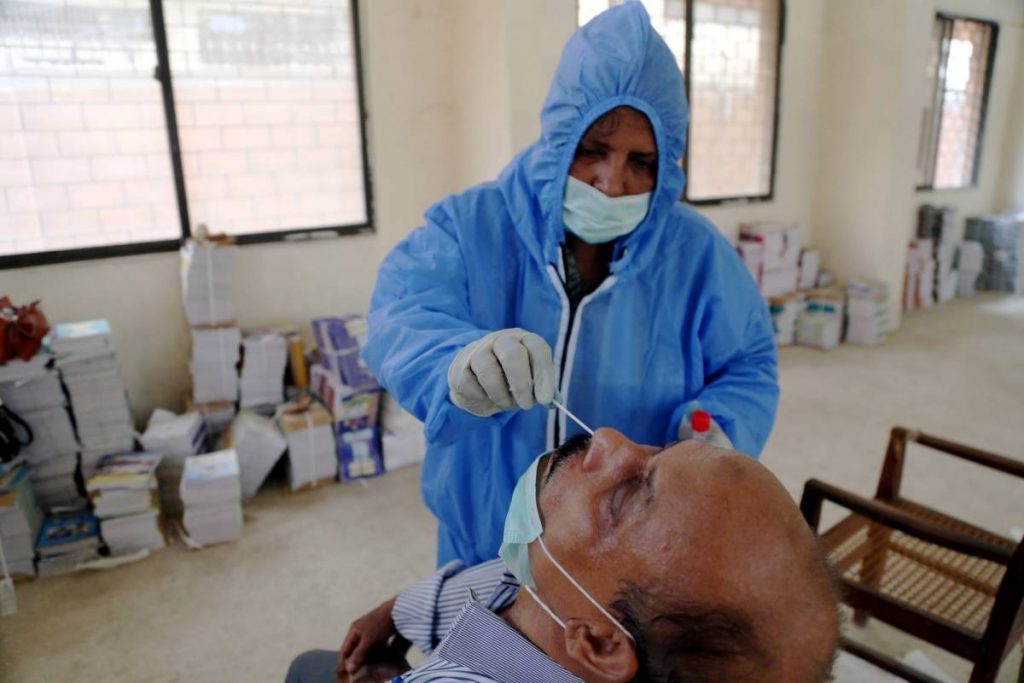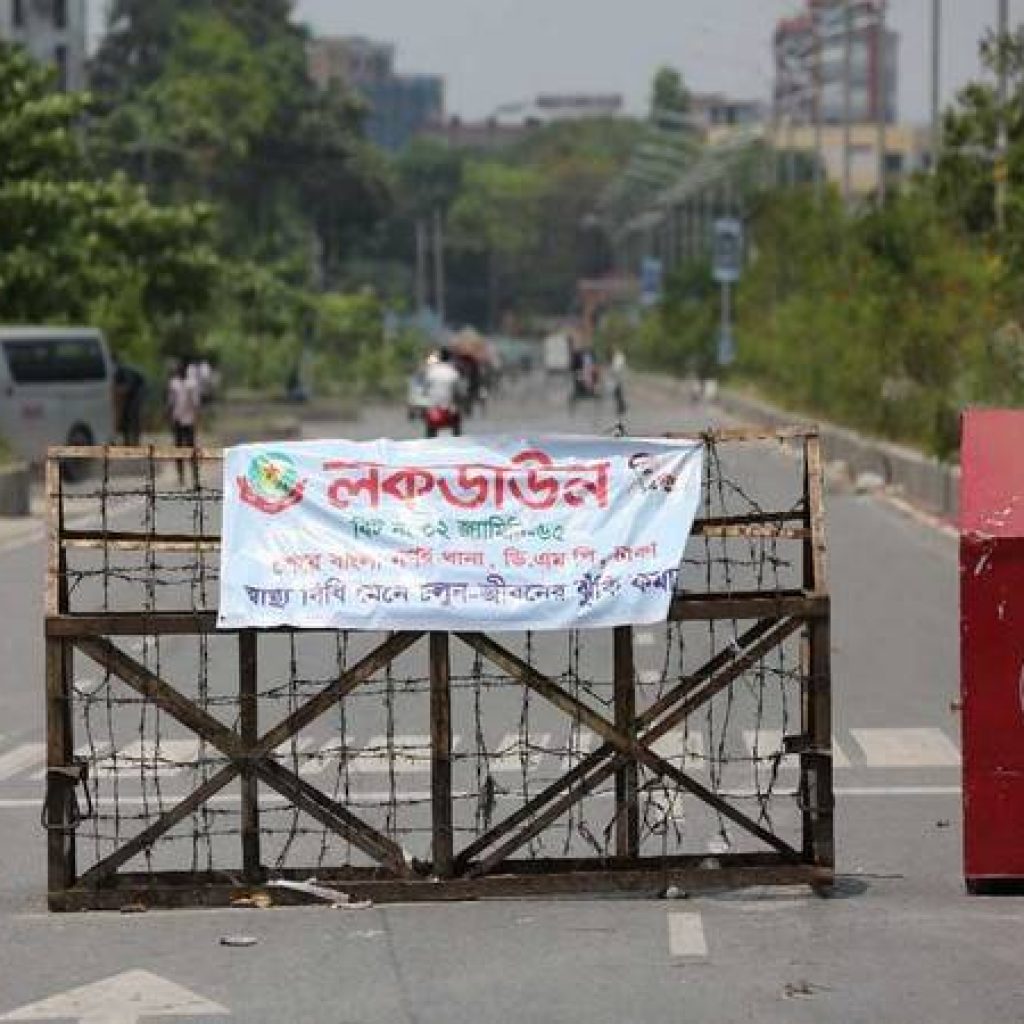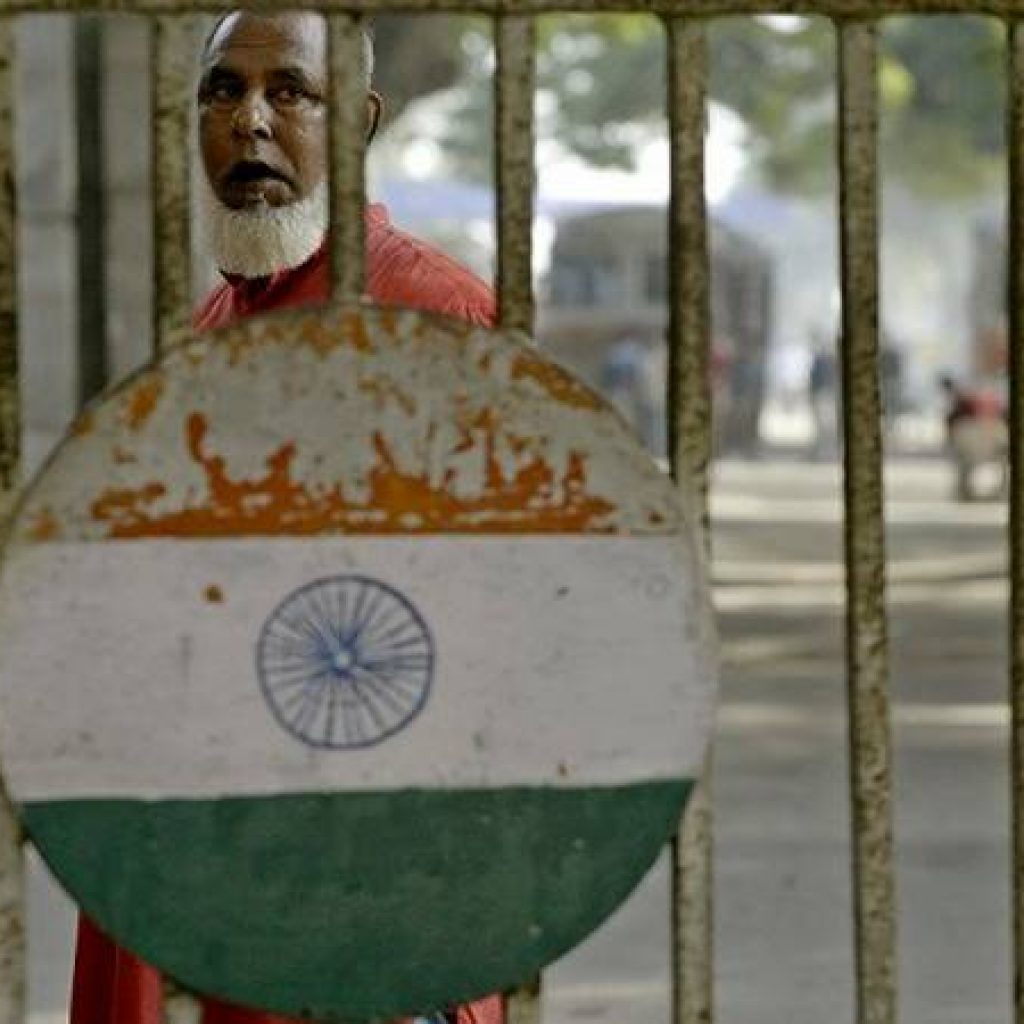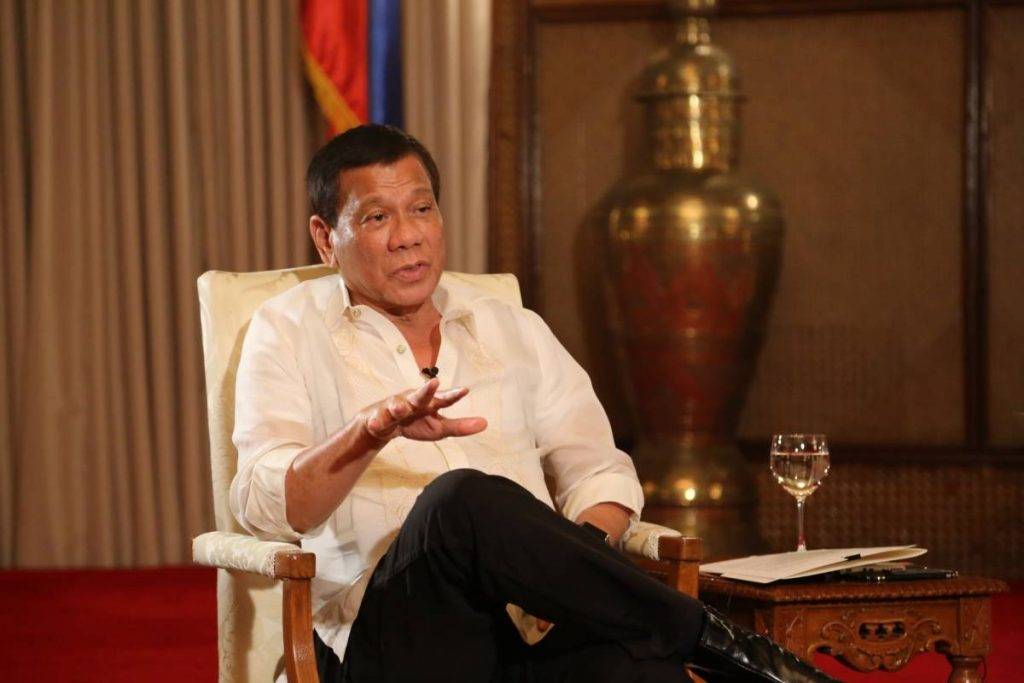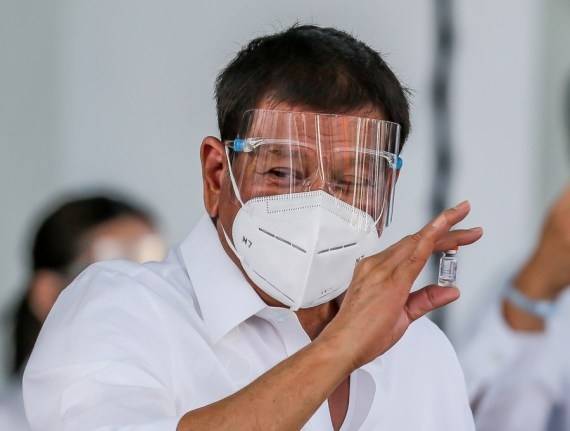Iran’s Supreme Leader Ayatollah Ali Khamenei has publicly slammed Foreign Minister Mohammad Javad Zarif for his comments….reports Asian Lite News
Iranian Foreign Minister Mohammad Javad Zarif has apologised for critical remarks he was heard saying about the country’s political system in a leaked audio recording.
“I would like to apologise to everyone,” dpa nws agency quoted Zarif, one of Iran’s most high-profile figures and who has been Foreign Minister since 2013, as saying in a social media post on Sunday.
Zarif said he regretted comments he made in which he complained about the interference of the Islamic Revolutionary Guard Corps (IRGC), a branch of the armed forces, in diplomatic affairs.
The remarks came in an interview conducted by one of President Hassan Rouhani’s advisers.
The audio tape was allegedly stolen by “inner circles” and then published by Persian-language news outlets abroad.

Later on Sunday, Supreme Leader Ayatollah Ali Khamenei criticized Zarif for his comments.
“We have heard statements in recent days that were very regrettable,” Khamenei said in a televised speech.
He said the remarks resembled US criticism of the IRGC.
Also read:UK condemns new sentence for dual citizen in Iran
“If someone wants to run for the presidency, they must follow the Iranian Constitution and its Islamic principles, otherwise he is not suitable for the post,” Khamenei said.
Zarif is considered a potential candidate in next month’s presidential election.

The scandal has dominated the front pages of Iranian newspapers for days as it seemed to suggest a rift among the country’s leadership ahead of the vote.
Rouhani, who cannot run for re-election, said the leak was a tactic by hardliners to help them win over voters as well as to hinder ongoing nuclear negotiations.
“Why are certain things happening just when we are on the verge of success in the nuclear negotiations in Vienna?” the President queried.
Talks continue in Vienna to revive a deal aimed at softening Iran’s nuclear ambitions.
The US left the framework under former US President Donald Trump but is working to rejoin and needs Iran to agree.
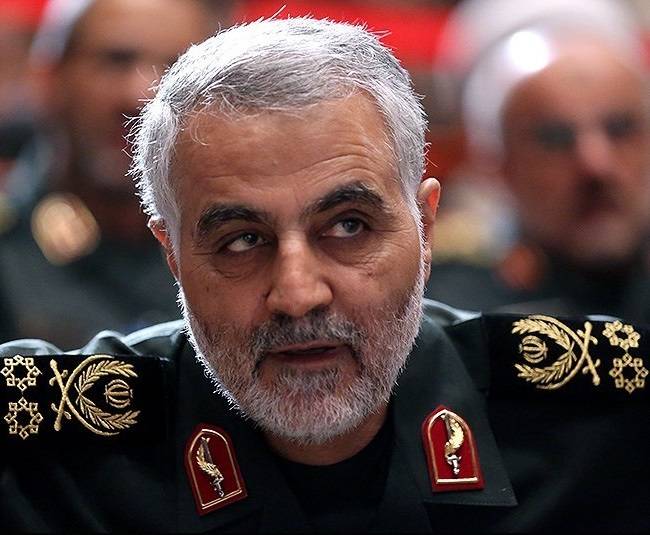
According to Rouhani, the hardliners want to sabotage the nuclear negotiations and thus preserve their chances before the presidential election.
For his part, Zarif said he had not given a “classic interview” but a “theoretical exchange of views” about strategy with a member of the presidential office.
Part of what made Zarif’s candid remarks so explosive was his criticism of Qasem Soleimani.
Soleimani, the commander of the Guards’ elite Quds Force, was killed in a US attack in Baghdad in January 2020.
Also read:Iran welcomes rapprochement with Saudi

